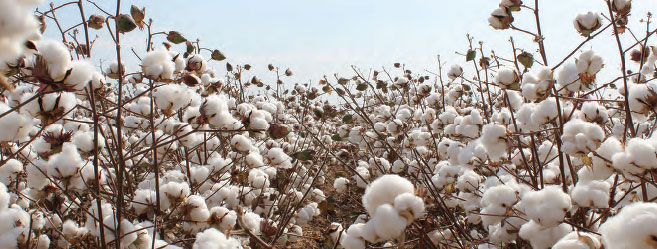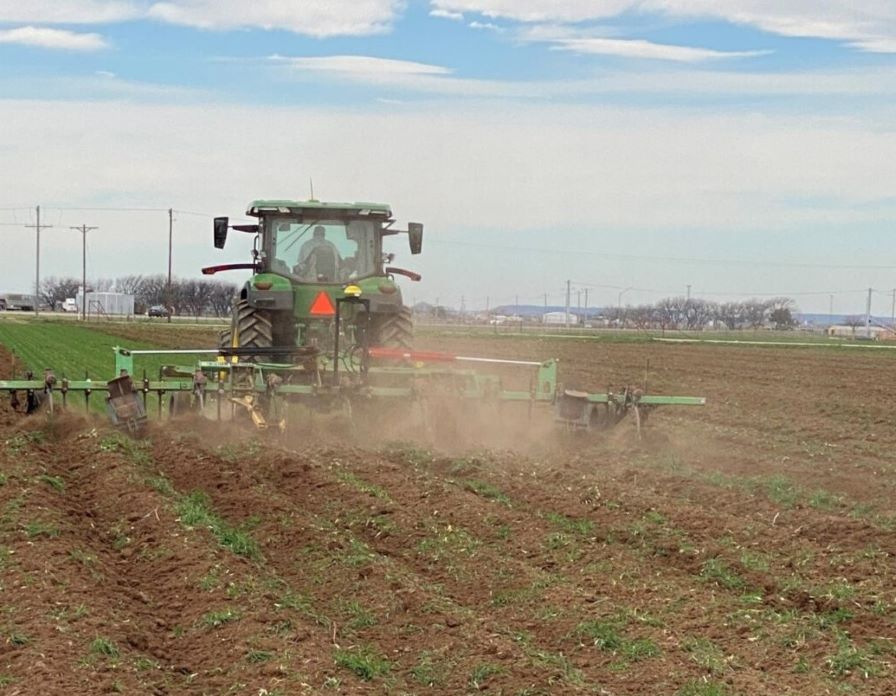Merchants Adapt Towards Opportunity
With the many challenges facing international cotton merchants, Cotton International Magazine began a series of articles investigating the evolving role of the merchant. Yiannis Papadogiannis works in the Sales and Cotton Classing Department at Hellenic Cotton Exports S.A. (Hecot S.A.). Hecot S.A represents large international merchants in Greece, acting as their buying, and occasionally selling, agent. At the same time, they mantain a few channels with traditional buyers of Greek cotton and sell them small quantities directly. Working closely with international merchants, Papadogiannis is aware of the shifting international landscapes.
“Our belief is that the extremely strong rally of NY futures in early March brought many changes in our industry. Several international merchants, who were hedged by a large percentage, faced financial difficulties that will surely affect their future strategy and position in the cotton market. At the same time, the general economic crisis and the ‘fear’ of a possible recession forced banks to squeeze merchants even more,” Papadogiannis said.
The process of adapting to a new, more hostile market can be a slow and difficult transition. In addition to troubles in the futures market, merchants are faced with working around other difficulties, including freight container shortages, elevated oil prices and shifts in production and consumption worldwide. Under these circumstances, Papadogiannis describes their purchases as “very cautious.” Looking ahead and planning for future movements of the international cotton industry is imperative for survival. Papadogiannis is convinced that the merchant’s role, though changed, will continue to be essential and profitable.
“Merchants will continue to play a key role in the cotton industry. Especially now that the cotton market has become so volatile, merchants will most possibly gain a market share against ‘direct’ business. Several marketing and risk management tools (on call sales/purchases, hedging and guaranteed prices) can be used in order to be even more competitive from a direct channel,” Papadogiannis explained.
He qualifies his assertion with the stipulation that they be tactical and educated on the market they are working within. Apart from utilizing risk management tools, their success will depend on their use of a developed strategy.
“Of course an effective strategy is not something easy to conduct and requires a lot of knowledge of and sensitivity to the international cotton market. In addition, the support and advice of the agent can help merchants avoid potential financial losses,” Papadogiannis said.
While larger international merchants can take calculated risks, smaller merchants may continue to struggle in the coming years. Their financial status is not typically strong enough to allow them to trade large quantities or diversify into many crops. “The profit margins have become very tight, leaving less room for smaller merchants to operate. Also, in times of economic uncertainty, both buyers and sellers prefer to deal with an international merchant in order to avoid any defaults, claims or other problems. Thus, what seemed a disaster for international merchants will probably strengthen their position in the global market,” Papadogiannis said.









